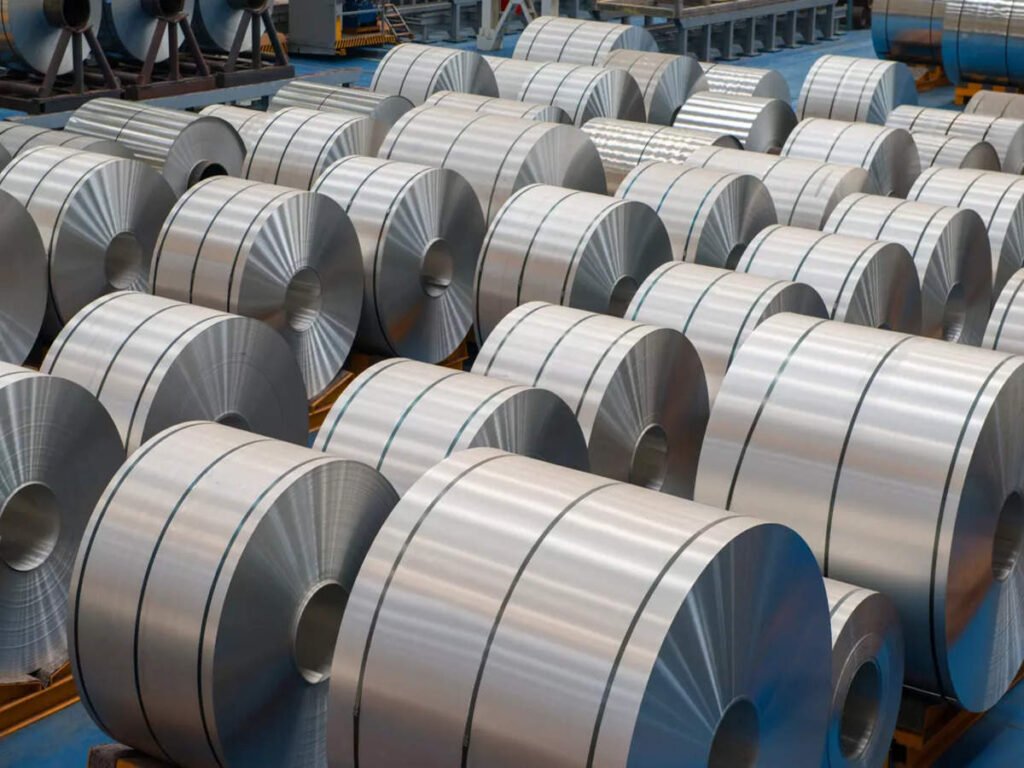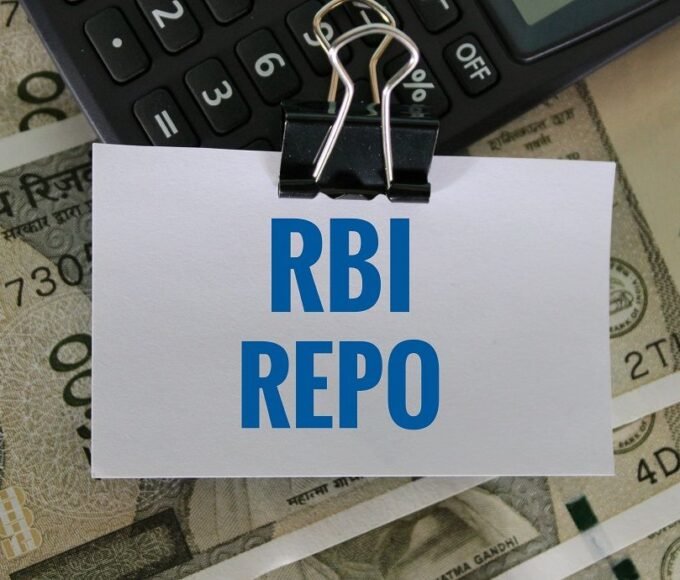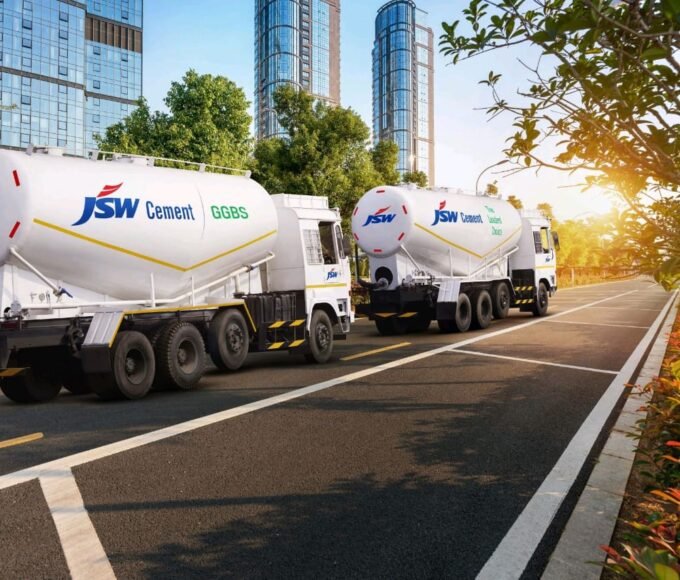Recent Posts
EU’s Carbon Border Policy Can Disrupt India’s Steel Sector: Study

The European Union’s (EU) Carbon Border Adjustment Mechanism (CBAM) poses serious financial and technological challenges for the small and medium-sized steel enterprises in India, a study by IIM-Lucknow has found. The basic regulation, small firm drawbacks and larger steel companies’ restructuring, such that only large companies will benefit, in other words, unfair transformation can also be potential barriers in this period.
The CBAM, effective from October 2023 levies carbon-based charges on the imports of emission-intensive products such as steel from nations with less stringent climate policies such as India. The EU claims that this measure is necessary to prevent carbon leakage and to accelerate decarbonisation; But a study co-sponsored by the Institute of Management Technology-Ghaziabad and Yale University critically assesses its effect on India’s steel industry.
Professor Kaushik Ranjan Bandyopadhyay, IIM-Lucknow faculty and lead research of the study, said that although major integrated steel plants can make adjustments to their production processes to comply with EU norms, for SMEs, it is a roadblock considering their financial and capacity constraints. This, he cautioned, created the risk of a two-speed decarbonisation process, with larger firms reaping the rewards and SMEs exposed.
The study also noted that unilateral mechanisms such as CBAM could raise costs for exporters, strain trade relations and have a chilling effect on global climate cooperation. While India has policies that will facilitate decarbonisation in the steel sector, the process is very complicated and the CBAM will not accelerate the transition at once, Bandyopadhyay said.
To help establish a fair and effective decarbonisation pathway, the researchers recommended key policy actions for the EU and India. Such recommendations become even more meaningful in the context of ongoing Free Trade Agreement negotiations between India and the European Union (EU), where CBAM is one of the principal points of discussion.
As the European Commission plans to publish an Omnibus Proposal in late February to facilitate CBAM processes, the study argues for ensuring carbon policies are aligned with fairness and equity. As India is the second-largest steel producer globally, this balance is essential to reach global climate goals while ensuring that smaller players in this sector are less affected.
- Buildwatchnews
- Carbon Border Tax
- carbon footprint regulations
- carbon leakage
- carbon pricing
- carbon reduction policies
- carbon-based charges
- CBAM impact on India
- Climate Action
- EU Carbon Border Policy
- EU climate policies
- EU steel imports
- fair trade in steel
- global climate policies
- IIM-Lucknow study
- India EU Free Trade Agreement
- India steel industry
- India’s steel trade
- Omnibus Proposal CBAM
- SME challenges in steel
- steel decarbonisation
- Steel Exports
- steel industry adaptation
- steel industry transformation
- steel sector policies
- trade relations
Recent Posts
Categories
- Acquisition1
- Airport16
- AP103
- Apartments126
- Bengaluru217
- Budget 202521
- Cement165
- Chennai438
- Construction909
- Construction Material Price Updates1
- Corporation4
- CREDAI61
- Editors Pick42
- Equipment45
- Events11
- Export24
- GST17
- Highways118
- Hotel16
- Housing207
- Hyderabad94
- import26
- India122
- Industrial387
- Infrastructure616
- Interiors28
- Iron Ore59
- Karnataka92
- Kerala56
- Labour1
- Land150
- Logistics40
- Market Updates404
- Metal100
- Metro109
- Mining77
- MSME21
- News1,877
- NHAI96
- Office Space2
- Paints39
- Port1
- Power Shutdown1
- Properties112
- Puducherry12
- Railways8
- Real Estate762
- Road222
- Sand38
- Short News117
- SIPCOT14
- Steel Daily429
- Stocks37
- Tamil Nadu458
- Technology81
- Telangana96
- TIDCO9
- Trade52
- Trending News1,111
- Video2
- warehouse42
Related Articles
Modulus Housing Secures ₹70 Crore Funding to Accelerate Market Expansion and Technology Innovation
IIT Madras-incubated Modulus Housing has secured about ₹70 crore in Series A...
BySamrita JosephDecember 6, 2025JPMorgan Expands Its India GCC Presence with Major Office Lease in Hyderabad
JPMorgan Chase has strengthened its India footprint by leasing 1.76 lakh sq...
BySamrita JosephDecember 6, 2025RBI Rate Cut Brings Timely Relief and Boosts Confidence Across India’s Housing Market
The RBI’s rate cut has lifted market sentiment and improved affordability for...
BySamrita JosephDecember 6, 2025JSW Cement Unveils ₹11000 Crore Expansion Plan to Boost Production Capacity to 41 Million Tonnes
JSW Cement has announced a major ₹11000 crore expansion plan to increase...
BySamrita JosephDecember 6, 2025















Leave a comment